It depends on how you define "Unicode format."
I think most people would take it to mean an encoding capable of representing any codepoint in Unicode's range (U+0000 - U+10FFFF).
In that case, no, ISO 8859-1 is not a Unicode format.
However some other definitions might be 'a character set that is a subset of the Unicode character set,' or 'an encoding that can be considered to contain Unicode data (not necessarily arbitrary Unicode data).' ISO 8859-1 meets both of these definitions.
Unicode is a number of things. It contains a character set, in which 'characters' are assigned codepoint values. It defines properties for characters and provides a database of characters and their properties. It defines many algorithms for doing various things with Unicode text data, such as ways of comparing strings, of dividing strings into grapheme clusters, words, etc. It defines a few special encodings that can encode any Unicode codepoint and have some other useful properties. It defines mappings between Unicode codepoints and codepoints of legacy character sets.
Here you can find a more complete answer: Unicode.org
